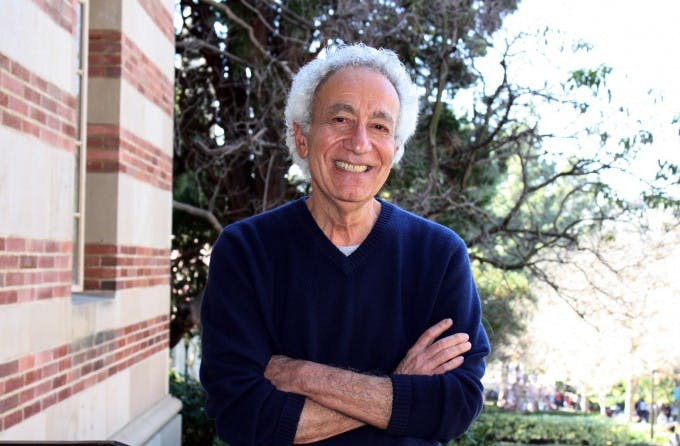In a recent op-ed in The Washington Post, research professor Mike Rose posits that the popular belief in grit and perseverance is no substitute for creating policies to reduce poverty and provide access to a quality education to all students, including the poor.
In “Why Teaching Kids to Have Grit Isn’t Always a Good Thing,” Professor Rose cautions against simplifying the idea of perseverance as a personality trait, regardless of the economic and social challenges that low-income students face. Tracing the background of grit as popularized in a study at the University of Pennsylvania, he writes that the study’s subjects – Penn undergraduates, West Point cadets, and Spelling Bee champions – all had stability and advantages that supported their hard work and success.
“It is hard to finish what you begin when food and housing are unstable, or when you have three or four teachers in a given year, or when there are few people around who are able to guide and direct you,” Rose writes. “It is equally hard to pursue a career with consistency when the jobs available to you are low-wage, short-term and vulnerable, and have few if any benefits or protections. This certainly doesn’t mean that people who are poor lack determination and resolve. Some of the poor people I knew growing up or work with today possess off-the-charts determination to survive, put food on the table, care for their kids. But they wouldn’t necessarily score high on the grit scale.”
Rose states that the media’s – and policymakers – infatuation with the idea of grit distracts from the structural inequalities that poor students face.
“Some proponents of character education have pretty much said that an infusion of grit will achieve what social and economic interventions cannot,” he writes. “I realize that what grit advocates want is to help young people better cope with such hardship. Anyone who has worked seriously with kids in tough circumstances spends a lot of time providing support and advice, and if grit interventions can provide an additional resource, great. But if as a society we are not also working to improve the educational and economic realities these young people face, then we are engaging in a cruel hoax, building aspiration and determination for a world that will not fulfill either.”
For Professor Rose’s op-ed in The Washington Post, click here.
